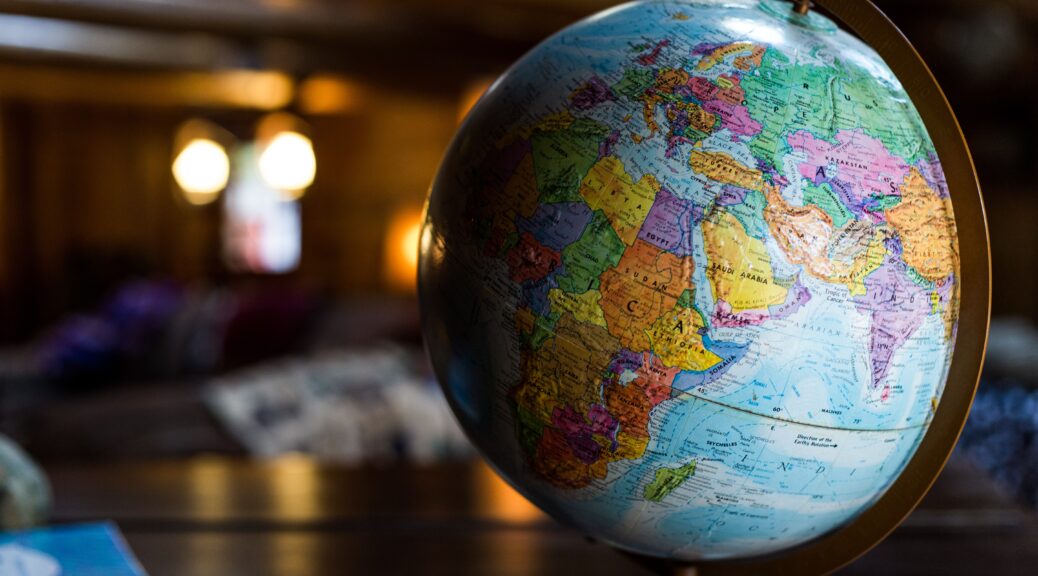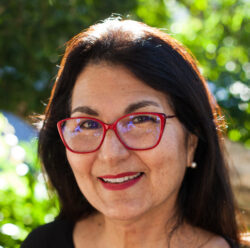Most public surveys about free speech and the First Amendment go something like this.
- “Do you believe in the idea of free speech?” Overwhelmingly yes.
- “Should group slurs be allowed?” Overwhelmingly no..
- “Do you support the First Amendment?” Overwhelmingly yes.
- “Should hate speech be permitted?” Overwhelmingly no.
What gives? Aren’t these positions inconsistent? Yes, in the abstract or in the arcane world of constitutional interpretation. No, in the walk-around world where most people reside. Turns out most people like the idea of being protected from government interference with their use of speech. But they also like it when governments and private entities step in to mute certain categories of speech, categories that they might consider harmful, divisive, offensive, or misleading. The problem is that people do not agree on which speech categories should be banned. One person’s sense of truth telling is another person’s sense of disinformation.



 Mirette Seireg is the founder and owner of Mpath LLC, the first woman-owned library of its kind to achieve gender parity. Changing the music world for females and other underrepresented composers, Mirette has scouted talent world-wide from nearly every continent on earth.
Mirette Seireg is the founder and owner of Mpath LLC, the first woman-owned library of its kind to achieve gender parity. Changing the music world for females and other underrepresented composers, Mirette has scouted talent world-wide from nearly every continent on earth.